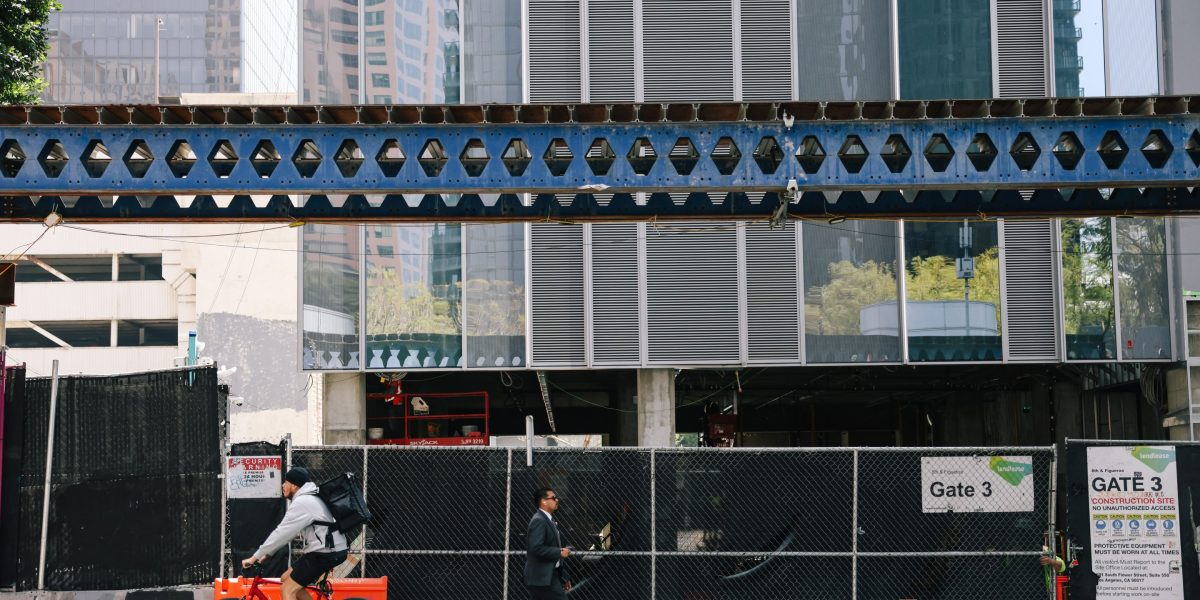Surprising no one but the mgmt teams…
Unispace found that nearly half (42%) of companies with return-to-office mandates witnessed a higher level of employee attrition than they had anticipated. And almost a third (29%) of companies enforcing office returns are struggling with recruitment. In other words, employers knew the mandates would cause some attrition, but they weren’t ready for the serious problems that would result.
Meanwhile, a staggering 76% of employees stand ready to jump ship if their companies decide to pull the plug on flexible work schedules, according to the Greenhouse report. Moreover, employees from historically underrepresented groups are 22% more likely to consider other options if flexibility comes to an end.
In the SHED survey, the gravity of this situation becomes more evident. The survey equates the displeasure of shifting from a flexible work model to a traditional one to that of experiencing a 2% to 3% pay cut.
Many companies, including my previous one, assume their position is stronger than it is. Then they complain and blame millennials’ work ethic when people don’t hang around for their torture like they used to.
With around 15 years of experience working remote-only, I will never accept a job that mandates a day in the office.
If the role isn’t 100% remote, it is not considered.
Simple as that.
As someone who contributed to the ‘high level of attrition’ during a forced return to office: it was my pleasure and I’ll do it again.
Same here. Took a 3% pay cut for 2 years and also upgraded my management team from ‘fuckwits’ to ‘really great’. So, win-tax-win.
I regret that I have but one job to quit.
My wife and I left our company when they clawed us back to the office. It’s been 3 years now and there is 0 chance we’ll go back at this point. For all the big companies complaining about their empty buildings there are medium size players happy to poach top talent and let them work remote
Return to office is such a fucking joke. I’m not spending hours in the car to keep corporate leases and McDonald’s afloat.
In the SHED survey, the gravity of this situation becomes more evident. The survey equates the displeasure of shifting from a flexible work model to a traditional one to that of experiencing a 2% to 3% pay cut.
Those number seem way too low to me. Just picking some semi-random numbers, let’s assume a 40 hour work week and an average travel time to work and back of 1 hour per day, so 5 hours per week. Being forced to come to the office would then be equivalent to 12.5% more of your time spent to earn the same amount of money. Of course that scales depending on how far away from the workplace you live, but for 3% or 2% to be realistic you would basically have to live right next door.
WFH saves me ~$4000 per year in gas & wear & tear alone. 4 cyl sedan with a 30 mile round trip.
WFH allows my family to own only a single car saving $1000/year in insurance costs alone
People aren’t that logical. Most people feel more pain losing something than never getting it in the first place (eg: rolling back an accidental raise would be worse to someone than not getting the raise at all)
If you tell people to get back to work or lose 3% pay, you’ll get more takers than offering people a 3% bump. Although they’ll be very disgruntled of course.
Meanwhile, since we like money more than control, my company is letting the office lease expire & finding a smaller, cheaper place for our equipment.





